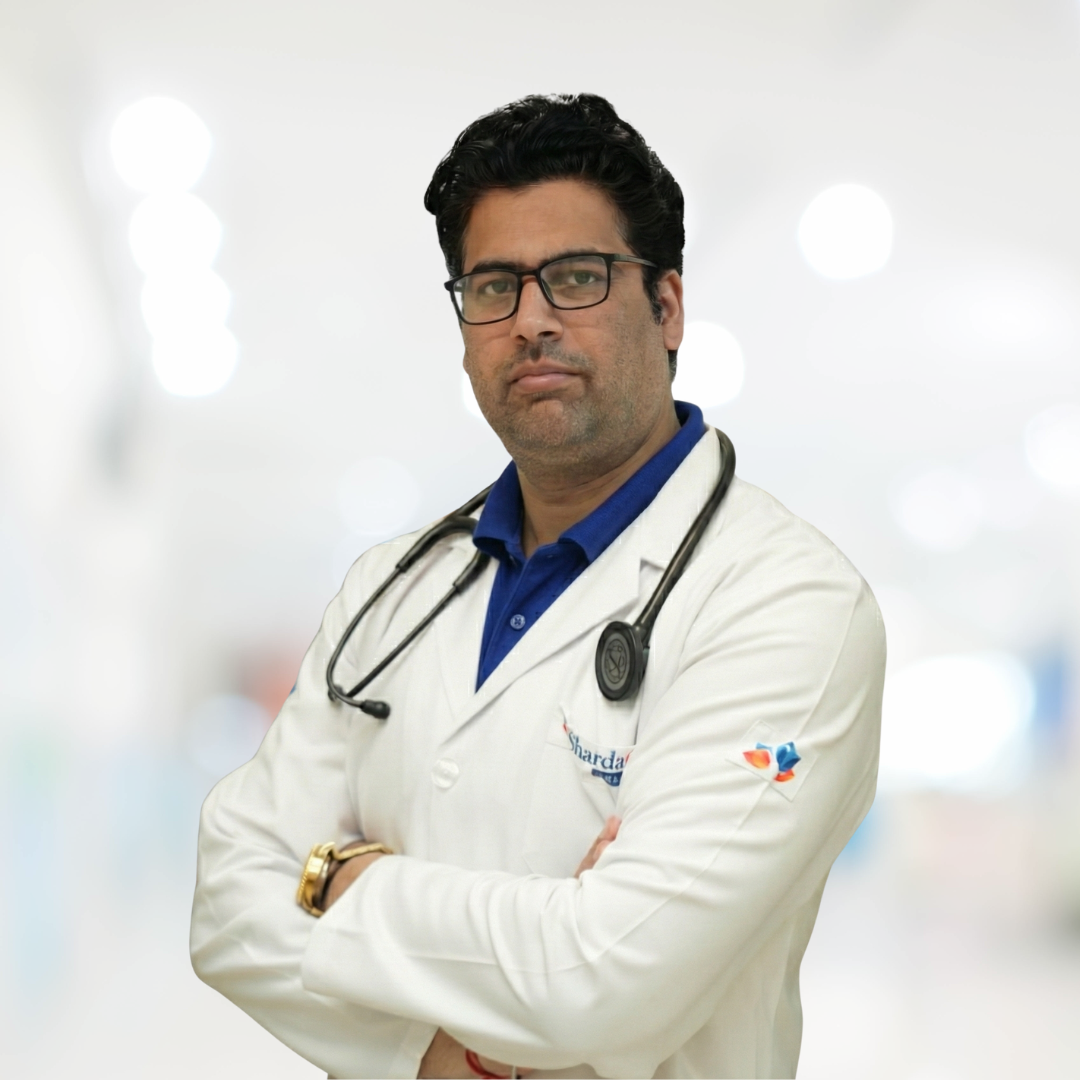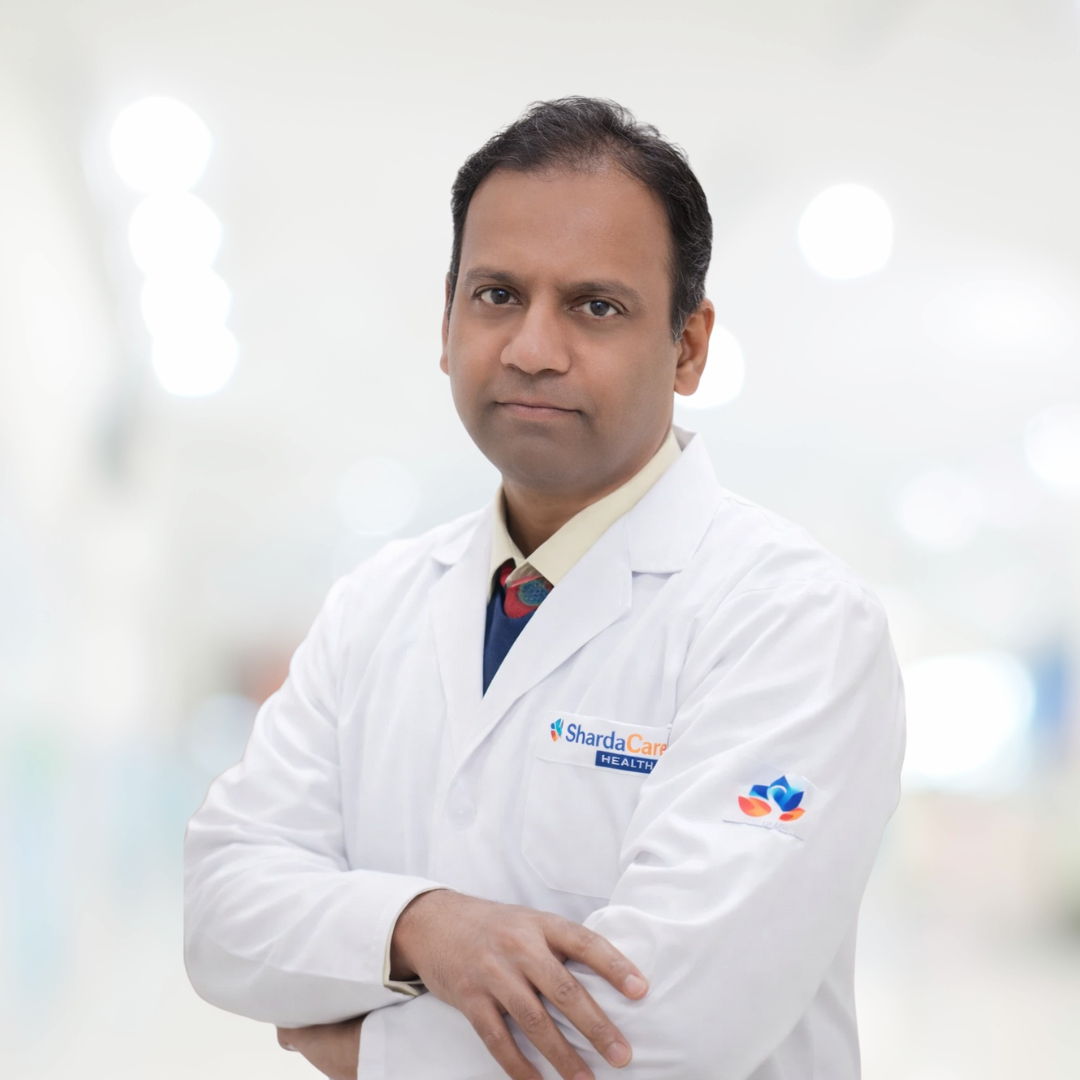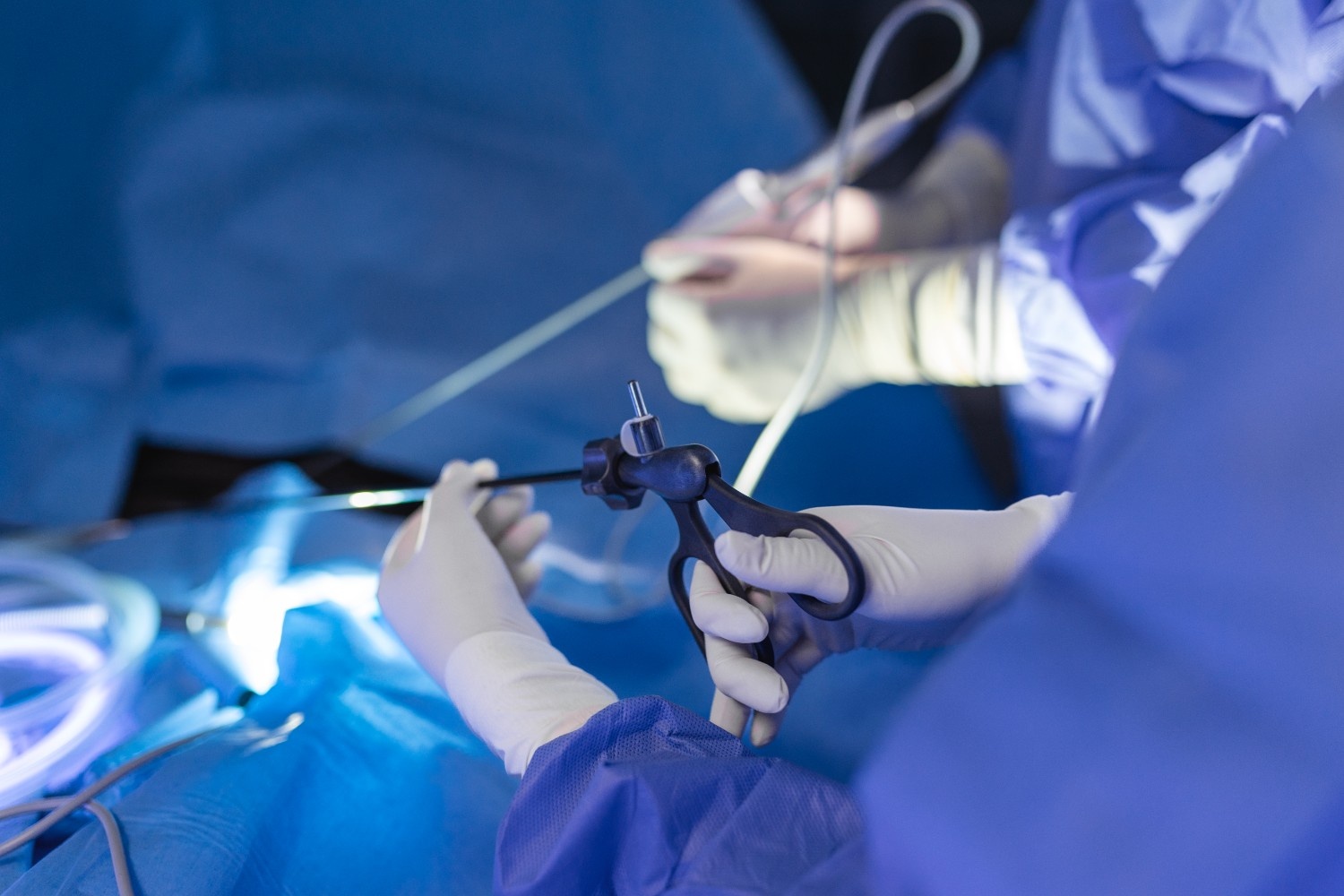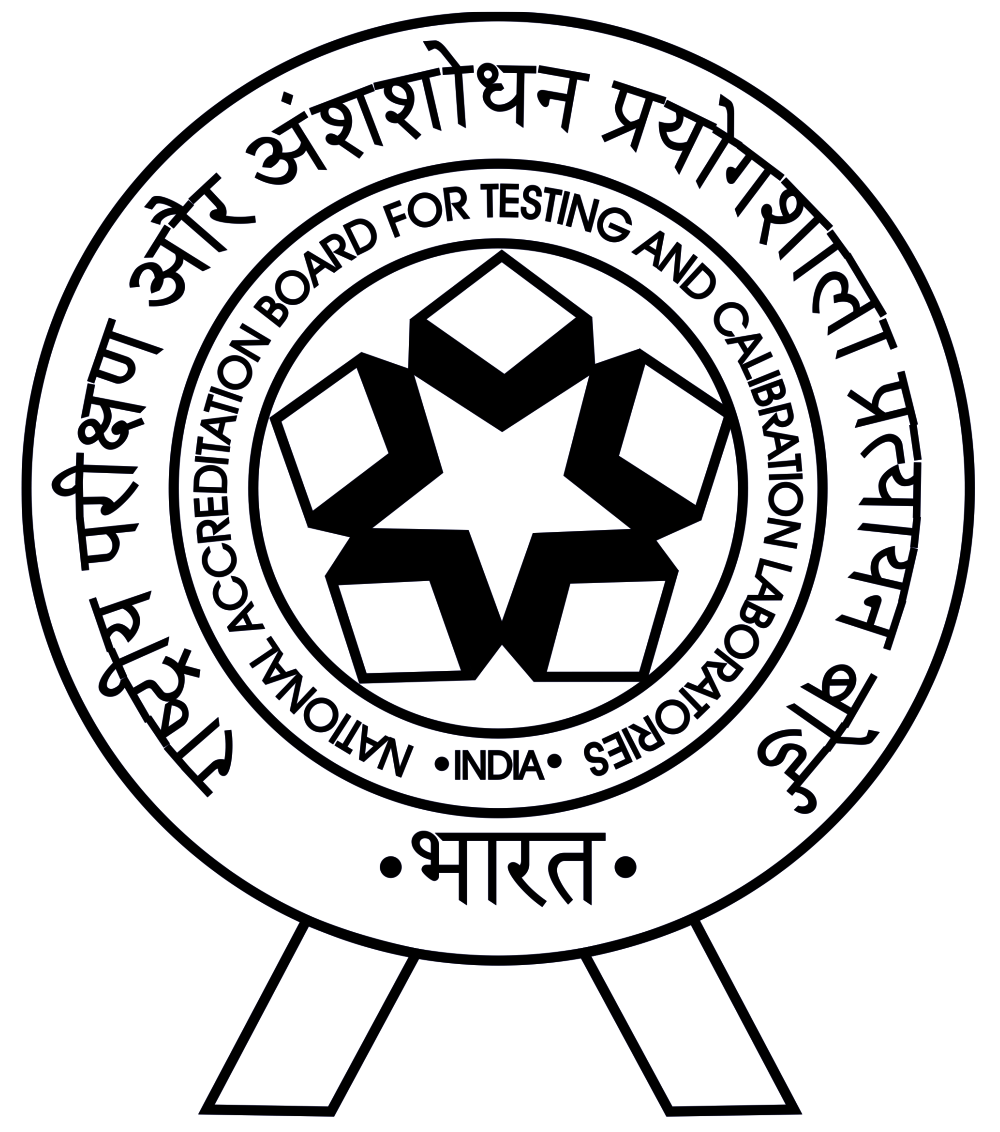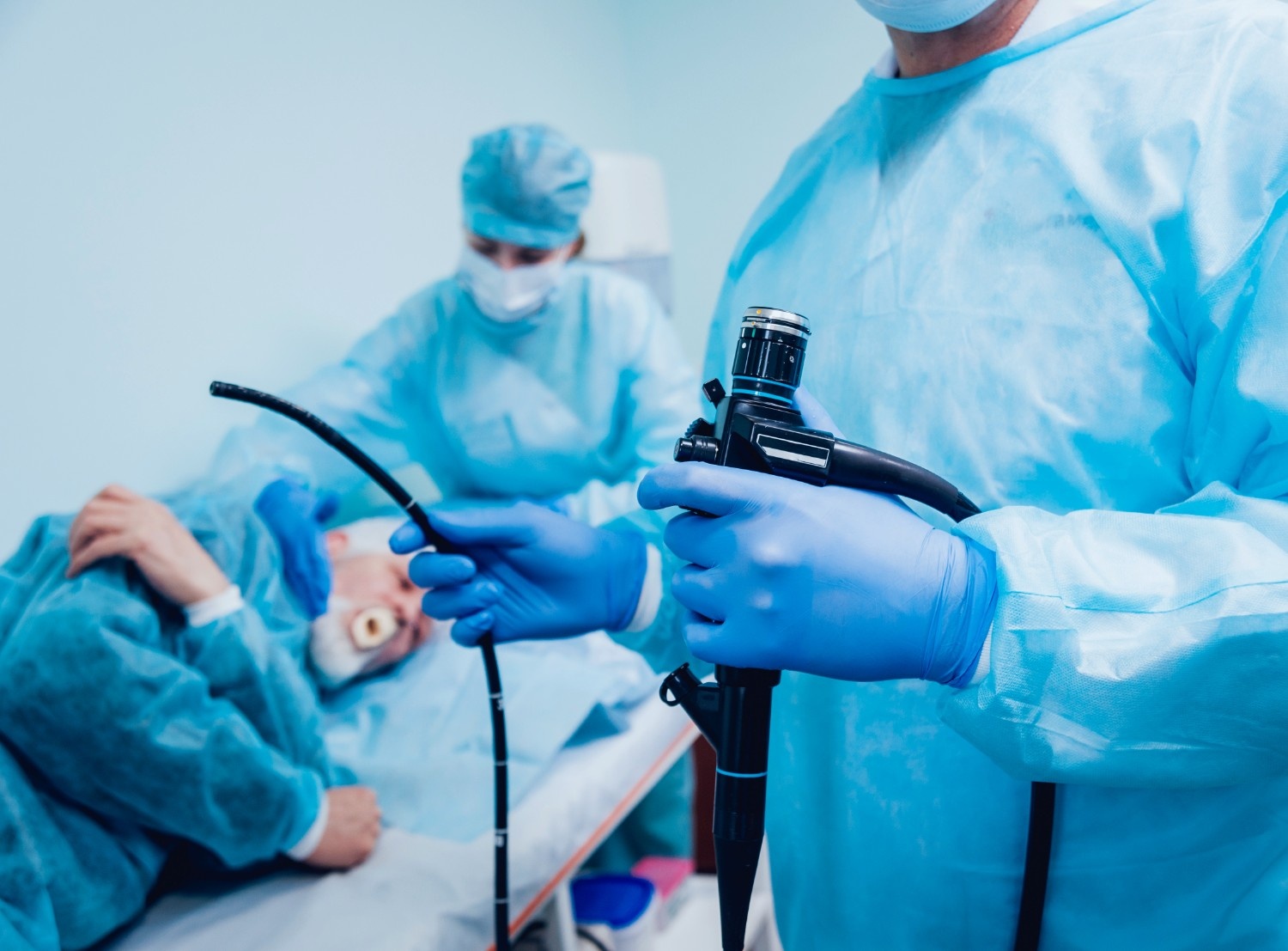
Capsule Endoscopy for Small Intestine & Digestive Tract Diagnosis at ShardaCare – Healthcity
At ShardaCare- The Healthcity, we offer capsule endoscopy. It is a procedure using a small, wireless camera to capture images of the digestive tract. The camera is housed in a tiny capsule, about the size of a vitamin. Once swallowed, the capsule travels through the digestive system, taking thousands of pictures along the way. These images are then transmitted to a recorder worn on a belt.
Capsule endoscopy allows us to visualise the inside of the small intestine, which is not easily accessible with other endoscopic procedures. Unlike traditional endoscopy, which involves inserting a long, flexible tube with a camera down the throat or through the rectum, capsule endoscopy offers a less invasive and more comfortable alternative for patients.
Here are some reasons why capsule endoscopy might be done:
- Finding the cause of bleeding in the small intestine: This is the most common reason for capsule endoscopy. It helps identify the source of the bleeding.
- Diagnosing inflammatory bowel diseases: Capsule endoscopy can detect areas of inflammation in the small intestine, which is helpful for conditions such as Crohn's disease and ulcerative colitis.
- Diagnosing cancer: It can reveal tumours in the small intestine or other parts of the digestive tract.
- Diagnosing celiac disease: Sometimes, capsule endoscopy is used to diagnose and monitor this immune reaction to gluten.
- Examining the oesophagus: Capsule endoscopy can detect enlarged veins (varices).
- Screening for polyps: Certain genetic conditions can lead to polyps in the small intestine. Capsule endoscopy helps in detecting these polyps.
- Follow-up tests after X-rays or other imaging tests
- If the results of earlier imaging tests were unclear, capsule endoscopy can provide additional information.
Looking for an Expert
ShardaCare - Healthcity is home to some of the eminent Doctors in the world.
Book an Appointment

